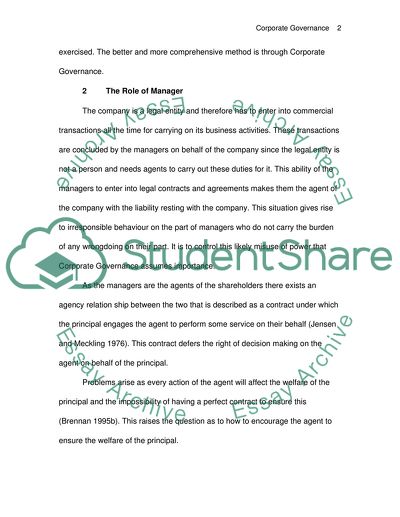Cite this document
(“Poor Customer Service Essay Example | Topics and Well Written Essays - 2000 words”, n.d.)
Poor Customer Service Essay Example | Topics and Well Written Essays - 2000 words. Retrieved from https://studentshare.org/marketing/1713512-poor-customer-service-is-a-sympton-of-the-weakness-of-marketing-at-board-leveldiscuss
Poor Customer Service Essay Example | Topics and Well Written Essays - 2000 words. Retrieved from https://studentshare.org/marketing/1713512-poor-customer-service-is-a-sympton-of-the-weakness-of-marketing-at-board-leveldiscuss
(Poor Customer Service Essay Example | Topics and Well Written Essays - 2000 Words)
Poor Customer Service Essay Example | Topics and Well Written Essays - 2000 Words. https://studentshare.org/marketing/1713512-poor-customer-service-is-a-sympton-of-the-weakness-of-marketing-at-board-leveldiscuss.
Poor Customer Service Essay Example | Topics and Well Written Essays - 2000 Words. https://studentshare.org/marketing/1713512-poor-customer-service-is-a-sympton-of-the-weakness-of-marketing-at-board-leveldiscuss.
“Poor Customer Service Essay Example | Topics and Well Written Essays - 2000 Words”, n.d. https://studentshare.org/marketing/1713512-poor-customer-service-is-a-sympton-of-the-weakness-of-marketing-at-board-leveldiscuss.


